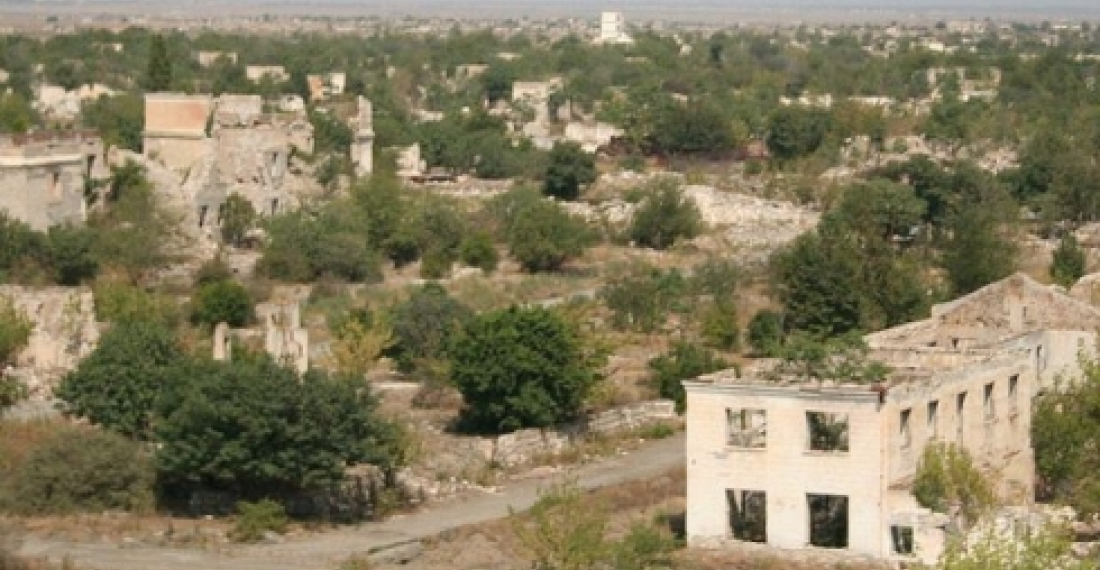An Azerbaijani soldier has been killed near the village of Yusifjanli in the Agdam Region, on the line of contact separating Armenian and Azerbaijani forces in the Nagorno-Karabakh conflict zone. The Azerbaijani news agency APA on Monday evening reported that the soldier Rushanov Mirzamahammad Faig was killed by Armenian fire. He was drafted from Baku’s Yasamal district in January this year. The agency attributed the information to a spokesperson of the Azerbaijani Ministry of Defence, Major Teymur Abdullayev.
However the claim was immediately denied by a spokesman from the Ministry of Defence of the self declared Nagorno-Karabaklh Republic Karabakh, Senor Hasratyan. Harastyan told Armenian News - NEWS.am that the "Karabakh Armed Forced respect the ceasefire and remain committed to ceasefire regime."
Although there have been hundreds of reports of cease fire violations over the last few days, the situation on the line of contact had appeared calmer recently then it was a few weeks ago. The new fatality however is likely to highten tension.
source: commonspace.eu with APA and news.am
Photo: The abandoned town of Agdam,a ghost town for the last two decades, close to where today's incident occured. (archive picture).







